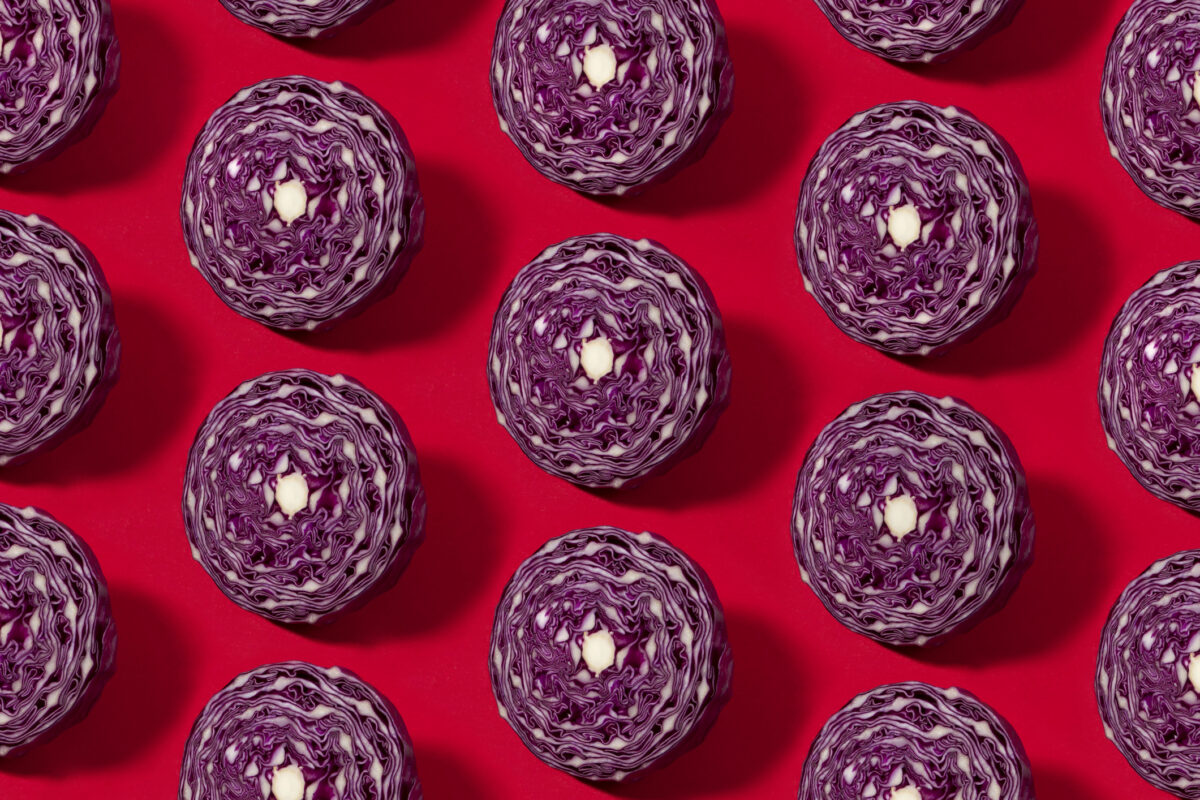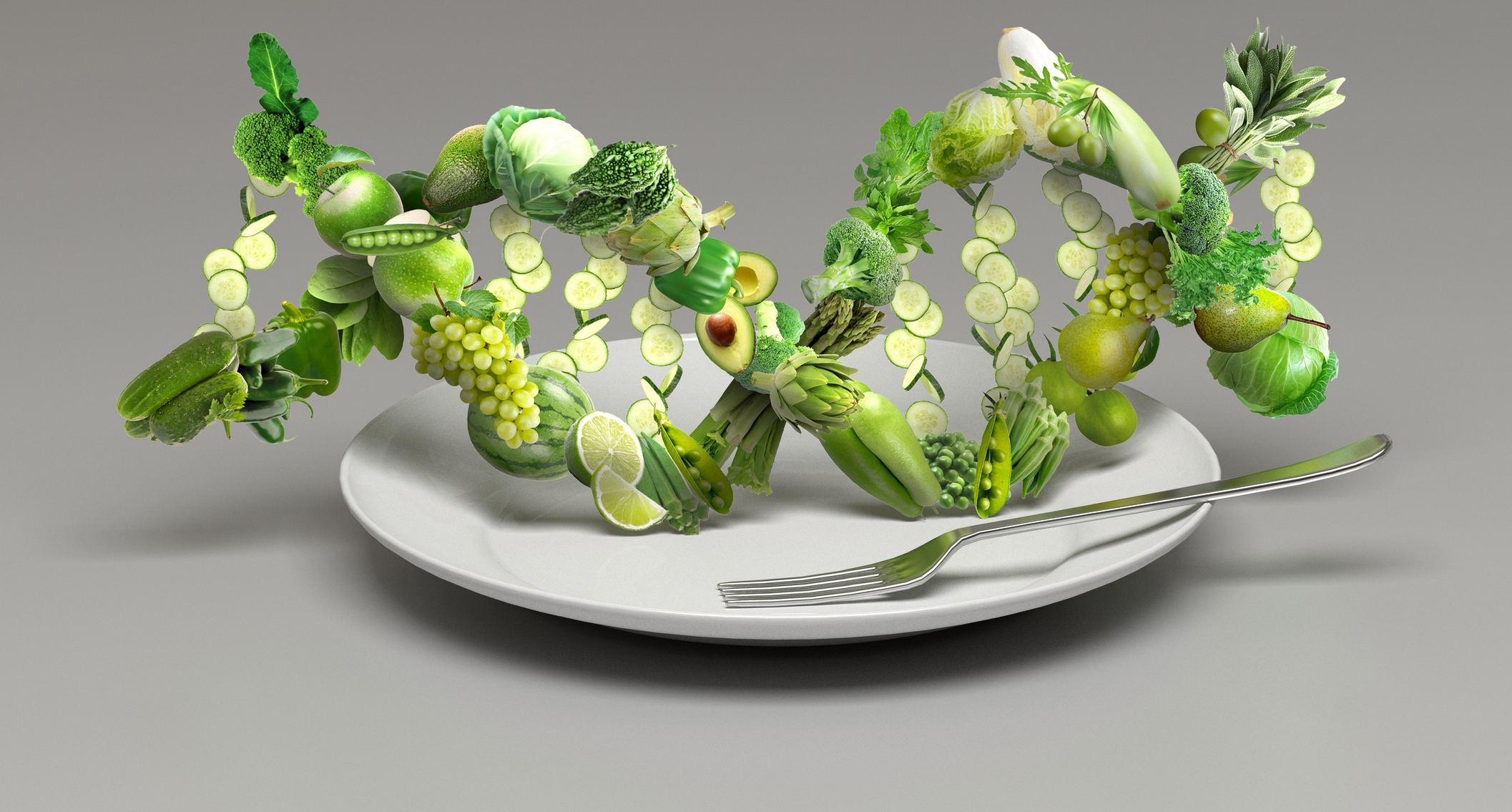Is halloumi vegan? Everything you need to know about halloumi cheese

Although halloumi seems to be a fairly recent addition to the UK’s supermarket shelves, the creation of halloumi is definitely not as recent. The semi-hard, unripened cheese has origins in Cyprus, and the cheese has an unusually high melting point; making it ideal for grilled or fried dishes. These origins date as far back as the mediaeval Byzantine period and, from there, the popularity of halloumi spread throughout the middle-east and beyond.
Is halloumi cheese vegan?
Now, to the question at hand: is halloumi cheese vegan? The straightforward answer is no. Halloumi cheese is typically made from goat or sheep milk, and can sometimes be made with cow’s milk. The semi-hard cheese has a slightly rubbery texture when it’s cooked, and has an interesting salty flavour.
Although halloumi isn’t vegan, you may be wondering if you can eat halloumi as a meat substitute in certain dishes. Unfortunately, and we’ll get into this in more detail, the use of rennet renders the cheese inedible for vegetarians too. However, there are some alternative products you could consider instead of halloumi.
Is halloumi cheese suitable for vegetarians?
Similar to traditional cheeses, like cheddar, Halloumi cheese has a dairy base. The halloumi base is typically made from unpasteurised goat’s or sheep’s milk, and sometimes cow’s milk. The inclusion of dairy milk of any kind renders halloumi completely not vegan friendly, and should not be consumed by anyone strictly following a plant-based diet.
Dairy isn’t the only thing that causes halloumi to be unsuitable for vegans. Traditional halloumi is actually unsuitable for vegetarians too, due to the use of rennet during the process of actually creating the cheese.
What is rennet?
For those who don’t know, rennet is a special kind of enzyme that is found in the stomach lining of ruminants – animals that have four-chambered stomachs and two-toed feet. The rennet enzyme causes milk to curdle, which is a key process in the creation of halloumi. In order to retrieve rennet for use in the halloumi making process, the enzyme needs to be sourced from the stomachs of young dead calves.
If you still want to have halloumi in your life however and aren’t on a strict plant-based diet, there may be some hope for you yet. Although this varies from brand to brand, the use of rennet is not completely necessary in the process of making halloumi and, therefore, may not be mentioned in the ingredients list; making the product sometimes safe for vegetarians.
So, to answer whether or not halloumi is vegan friendly, the inclusion of rennet renders halloumi unsuitable for vegetarians – which, in turn, causes the cheese to be especially unsuitable for a vegan diet. However, checking the label to see if rennet was not used in the cheesemaking process could mean that some halloumi products are safe for vegetarians.
If you haven’t always been vegan, or vegetarian, then you may know that halloumi is an extremely versatile food source. The spongy Cypriot cheese with a salty taste is a go-to for grilling on barbecues, including in sandwiches, burgers, or even sprinkling over pasta and salad dishes.
The fact that some halloumi is non-vegetarian, and non-vegan, can be disheartening; and you may not want to miss out on this unique flavour. Luckily, there are several brands available in supermarkets that sell halloumi cheese alternatives and plant-based halloumi that tastes and feels almost exactly the same as the real thing!
Are there other alternatives to halloumi cheese for vegans?
Yes! You can always make your own halloumi-style vegan substitute. Luckily, imitating the flavour and taste of genuine halloumi is a relatively simple process, with a majority of vegan halloumi recipes out there utilising tofu as the main ingredient.
We recommend experimenting with different flavours with your tofu halloumi until you find something that works perfectly for you – the inclusion of lemon juice and fresh mint leaves is something we recommend. Although, if you find that the process of making your own is a little tiresome and you simply can’t make your substitute taste like halloumi, you can always just head to your local supermarket and pick up a ready-made vegan halloumi-style block.








